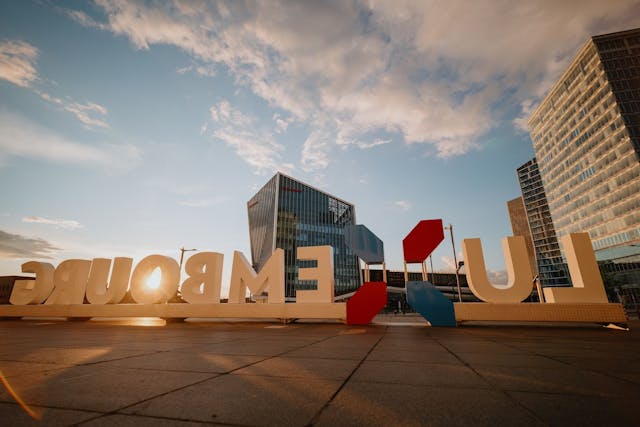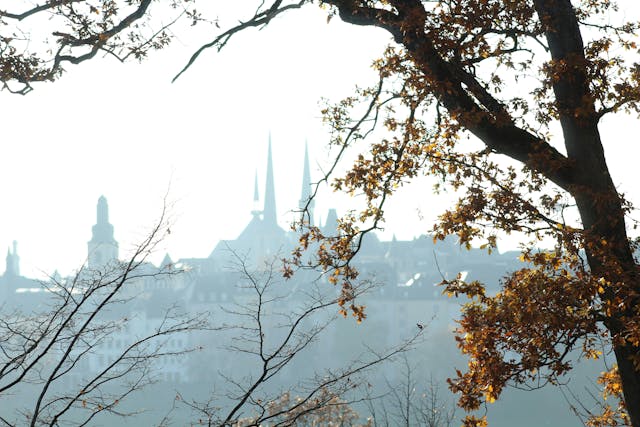Luxembourg bets on sustainable tourism in the Moselle region

Anita Austvika, Unsplash
During an official visit to the communes of Schengen and Bech-Kleinmacher, Luxembourg's leadership presented projects that the government hopes will redefine the tourism future of the Moselle region and become flagships of a sustainable tourism strategy.
Inspired by the spirit of European integration, Schengen is once again in the spotlight with the return of the legendary Prinzessin Marie-Astrid Europa, the ship on which the Schengen Treaty of the same name was signed in 1985. After several years of absence, the ship was bought back, restored and finally returned to Schengen in June 2025. This gesture is not only symbolic, but also cultural and political in nature - as an attempt to cement Luxembourg's role as an active carrier of European memory.
The second cornerstone of the new strategy is the development of wine tourism, which the government calls "a meeting point between history, tradition and modernity". The Wäinhaus Ehnen project, located in the heart of the wine region, is preparing to open in 2026. It will be closely linked to the Luxembourg House Concept Store, a space in the capital to discover the country's best wines and learn more about local producers.
At the same time, the Ministry of Economy launched an ambitious action plan for wine tourism in May 2025. The document was developed together with representatives of the industry. It includes measures to improve tourism infrastructure, professional training of guides, digitalisation of services and promotion of the region outside the country.
Special attention is also being paid to the A Possen Museum, which preserves the traditions of rural life, winemaking and everyday life in the region. The museum will undergo a major modernisation to make it more accessible, modern and interesting for a wider audience.
The authorities are also completing the renewal of the national network of hiking trails, including modern two-way marking of hiking trails. This reinforces Luxembourg's position as one of the leaders in European active tourism, despite its compact size.
In the wake of these initiatives, a new volunteer guide training platform is being launched, which will not only improve the quality of tourist services, but also involve the local population in the preservation and promotion of cultural heritage.
As Prime Minister Luc Frieden put it, it is not just about tourism development, but about the opportunity to "tell the world about Luxembourg's history, culture and traditions, to make them accessible, tangible and attractive". He was supported by Lex Delles, who emphasised that the Moselle is already becoming an example of how economic development can be combined with the preservation of identity and memory.





